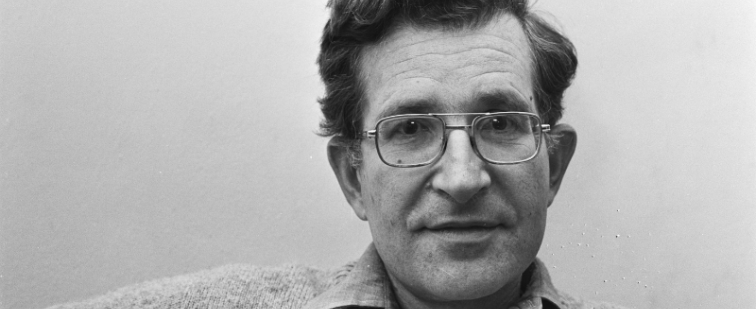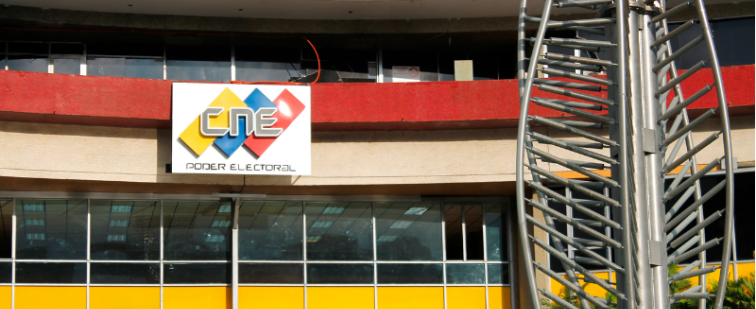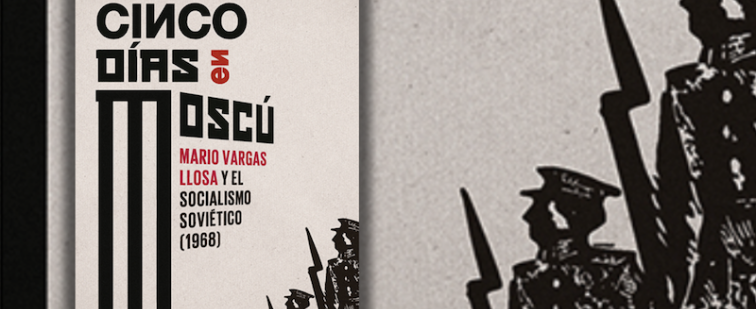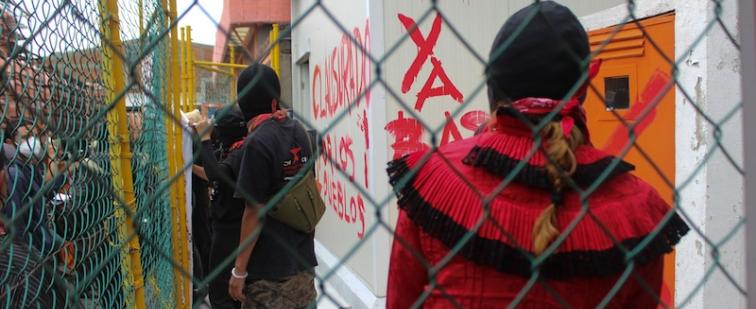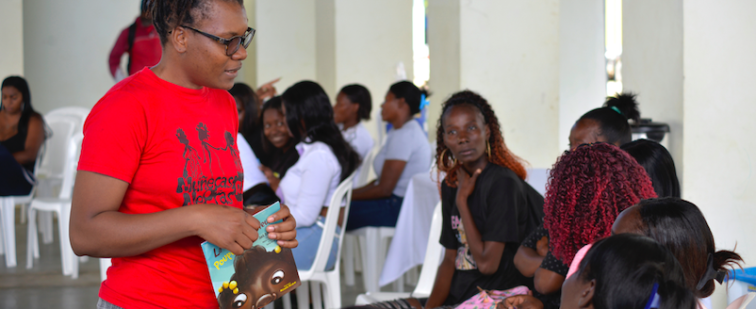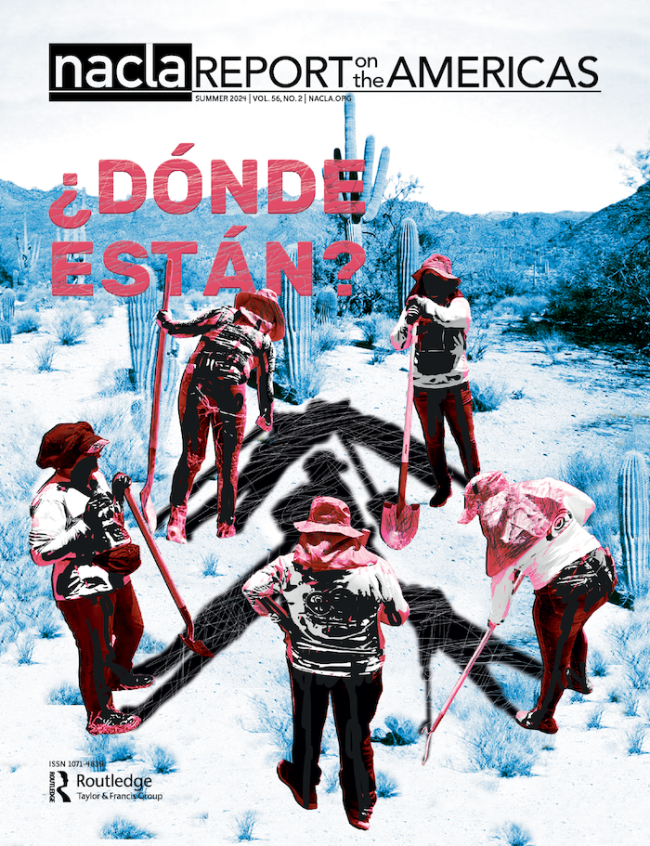Home
One is hard-pressed to miss the slogan “With Chávez, the people are the government” in the Venezuelan capital of Caracas, stamped as it is on government posters that paper the city. The statement claims the achievement of a perfect democracy and implicitly suggests the opposite: Without President Hugo Chávez, Venezuelan democracy would not exist.
"This is a war of information. And it is the oil company itself that has taught us to fight it," said Heriberto Gualinga, who is a kind of ‘communications boss’ of the indigenous Kichwa community of Sarayaku in the Ecuadoran jungle.
A new and deep discontent has settled over Santiago, the Chilean capital. At bus and subway stops, in blue-collar neighborhoods like La Victoria (a trench for resistance against the dictatorship), in public hospital hallways and school doorways, voices are being raised to express a new consciousness of Chilean problems. The country's leaders are being called to account for the fact that the country's neoliberal model, el modelo—which left and right-wing politicians still brag about—is showing clear signs of exhaustion.
The backlash against neoliberalism in Latin America is now leading to confrontations between several of the region’s governments and the World Bank and International Monetary Fund (IMF). In the span of just the last few weeks, there has been something of a mass defection from these institutions.
“Free trade” and an aggressive military policy are central pillars of U.S. foreign policy. Better than any country in the world, Colombia demonstrates the intimate connection between these two aspects of U.S. power and their devastating results.
Teenage actors parade barefoot onstage, jumping and pounding drums. Others walk in with notebooks and briefcases overflowing with papers. Each actor spouts fragmented political speeches. The play depicts revolts and counter-revolts throughout Bolivian history, ending with a dramatic exchange between a mother and the ghost of her dead son, tortured during a dictatorship. “Don’t cry, Mom!” the ghost says. “I died bravely even though they gouged my eyes out and tore me apart. Don’t cry!”
Most U.S. labor unions agree on what to do about the some 12 million undocumented immigrants now living in the United States: Legalize their status. But sharp disagreements remain on the question of new immigrants, and the fault line lies mostly between unions in the Change to Win (CTW) coalition and the AFL-CIO.
“The question of power is not resolved by taking the government palace, which is easy and has been done many times, but rather by the building of new social relations,” said João Pedro Stedile, coordinator of Brazil’s Landless Rural Workers' Movement (MST), at the 2005 World Social Forum. His comment reflects a new vision of social change, one that until recently was almost exclusively promoted by the Zapatistas of Chiapas, but that has been gaining traction in prominent sectors of Latin America’s new social movements.
Impunity rides the coattails of amnesia and oblivion. Without memory to link the present with the past, current wrongs seem like historical aberrations, rather than the consequence of accumulated injustice. Authoritarian regimes and their allies know this well and are keen to snuff out those who reflect too thoughtfully on the past. By continually wiping the historical slate clean, they are free to do as they please and cover their tracks in the process.
As millions of immigrants and their supporters took to the streets last year, the anti-immigration movement mobilized its own forces. The number of state and local anti-immigration groups in the United States has exploded, growing by 600% in the last two years. In 2005, there were fewer than 40 groups; today, there are more than 250.

